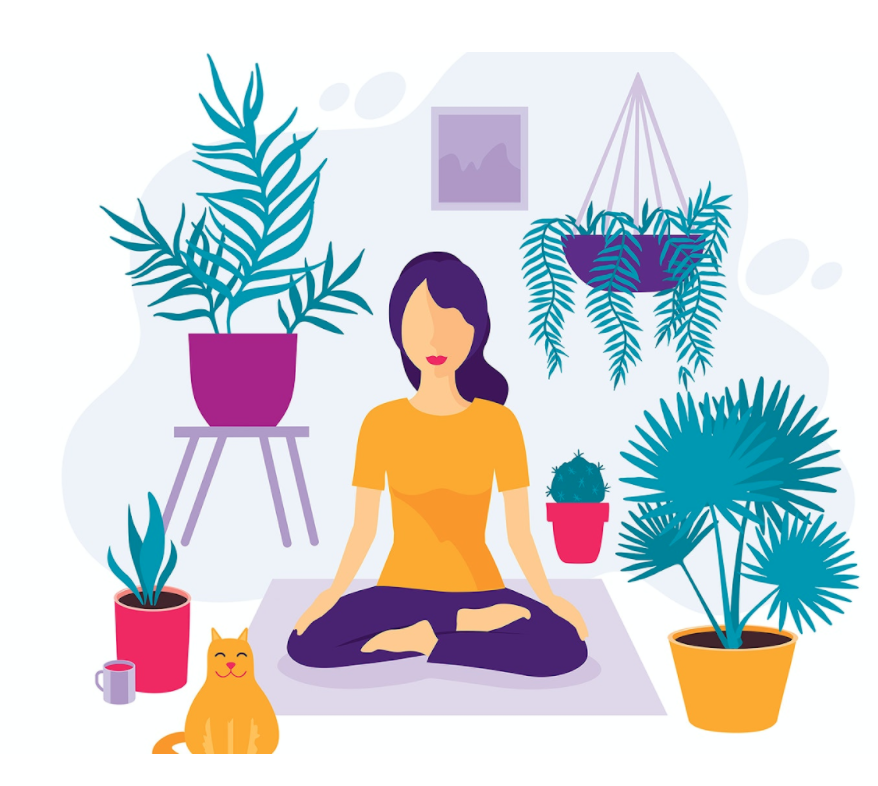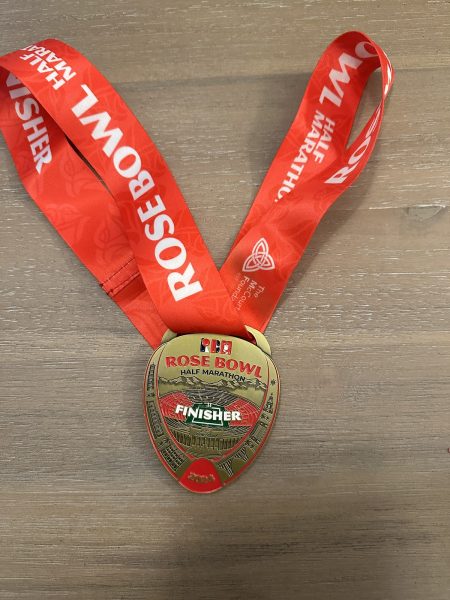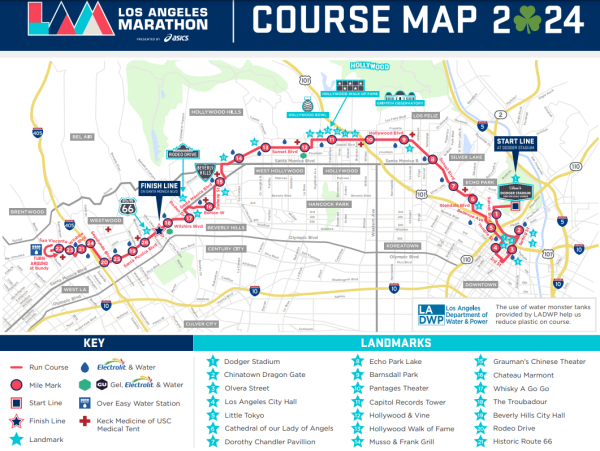A Beginner’s Guide to Meditation
Meditation can be done at any time, in any space, and with anyone!
November 13, 2020
It’s easy to get lost in the business of everyday life. Multiple tasks can be a repetitive, stress-inducing process. Outlets for stress relief and the recentering of oneself are monumental in maintaining a healthy mindset. While certain forms of maintaining one’s well-being are better for certain individuals, I want to introduce one method that is simple, quick, and completely customizable. Here is a beginner’s guide to meditation.
To begin, it’s important to understand the origin and benefits of meditation. Meditation has been a part of many cultures for thousands of years. Because it is so versatile, its origin cannot be determined in a certain time period. The word “meditation” comes from the Latin term meditatum, “to ponder.” This practice can be defined in a multitude of ways, and one person’s experience with meditation can be entirely different than another’s. It’s important to remember that there is no wrong way to meditate — it is an entirely subjective process.
When desiring to meditate, one can benefit from a plan. Asking yourself questions can be extremely beneficial: What do I want to get out of this? What am I struggling with? How could I fit this into my day? With these questions answered, creating a plan to start meditating shouldn’t be too difficult. Emma Khamo (12) always creates a plan before meditating to “make sure [she] is focusing on all [she] can during [her] sessions.” While planning out sessions is beneficial, it is not a mandatory step for conducting an effective meditation session.
For starters, begin by setting aside ten minutes a day to meditate. If you would like some guidance to realize what works best for you, there are multiple apps and websites that can walk you through a meditation session. Apps like Headspace and Calm are incredible options for guided meditations. Once you continue this practice, you can begin guiding yourself in meditation sessions, focusing on specific issues or methods.
Meditation sessions are usually best in quiet, comfortable spaces. Whether in your home, bedroom, favorite spot, or in nature, it is great to pick somewhere calm. Many guided meditations emphasize the control of your breathing, taking deep breaths in, and releasing slowly. This allows for one to calm down, focusing on the simple task of breathing in and out. When struggling with something specific, it can be beneficial to go into your session with an intention to work through the problem that is on your mind, learning from it and calming worries. Relaxing for ten minutes and focusing on creating a positive outlook for yourself can affect all areas of your life. Meditation can also be used for reflection. One can reflect on their week or day with a meditation session, combing through all that you are grateful for.
From this explanation, it’s easy to see that meditation is what you make of it. It can be an entirely different experience for everyone. Beginning with guided meditations is a great option for many starters who want to experience the basics of the practice. However, meditation can encompass whatever you desire. Any practice that allows one to find an outlet away from stress and anxiety is worth a shot. I hope you Mustangs are able to find inspiration from this guide!























Katelyn Ruggles • Nov 21, 2020 at 12:45 PM
I really enjoy this article, and I think that it is very helpful especially with everyone in quarantine. There is no better time to learn a new hobby and do something that can relieve stress and keep people at peace.
Suhani Bhanvadia • Nov 18, 2020 at 4:57 PM
Super interesting! I used to think meditation was a waste of time but after trying it out, I noticed a pretty big difference. I think everyone should give it a try!
Nikole galea • Nov 16, 2020 at 2:33 PM
Great article!! I believe these articles could help spread the word about these tips. These times are really difficult for some people and having a safe haven away from it could help us whether it is with our physical or mental health.
faith desio • Nov 14, 2020 at 7:15 AM
Amazing article Paige, very informative and helpful! I will look into using these tips in the future! Thank you.